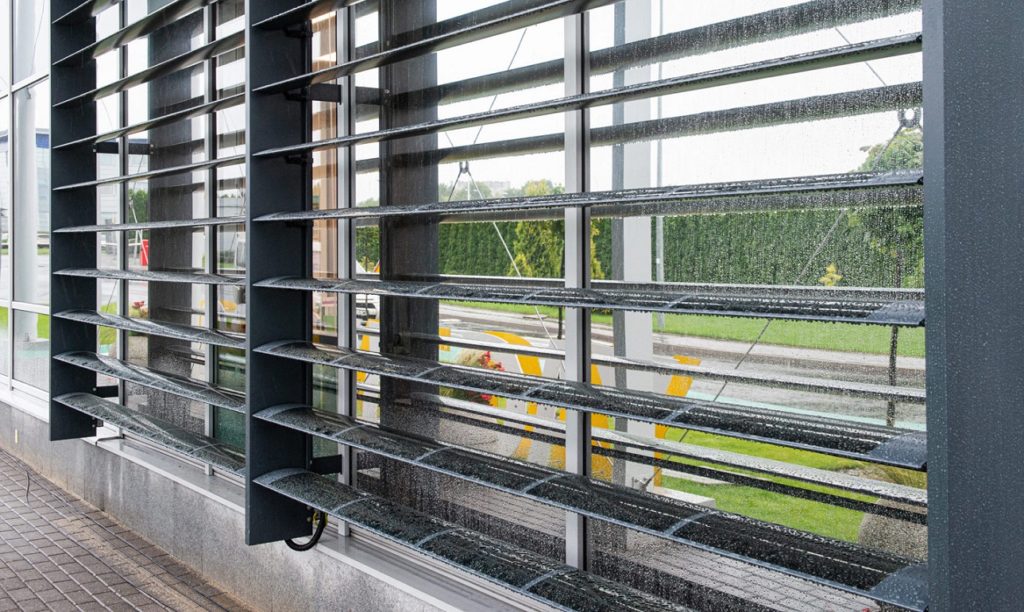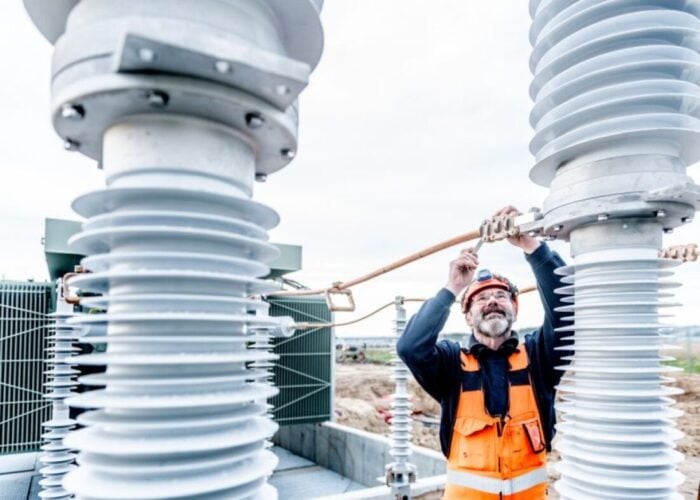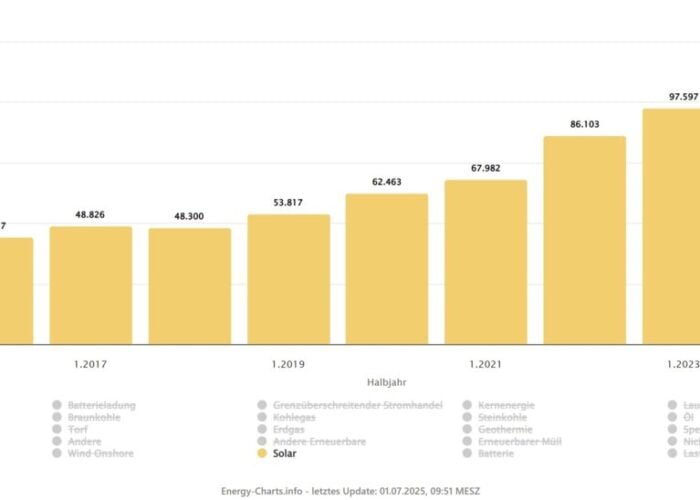
German technical services company TÜV Rheinland has introduced a new certification for building-integrated PV modules (BIPV), which it said is a globally unique testing standard.
According to TÜV Rheinland, the new testing measures examine both building requirements and electrotechnical suitability for BIPV modules, and will include preparations for approval by building authorities.
Unlock unlimited access for 12 whole months of distinctive global analysis
Photovoltaics International is now included.
- Regular insight and analysis of the industry’s biggest developments
- In-depth interviews with the industry’s leading figures
- Unlimited digital access to the PV Tech Power journal catalogue
- Unlimited digital access to the Photovoltaics International journal catalogue
- Access to more than 1,000 technical papers
- Discounts on Solar Media’s portfolio of events, in-person and virtual
“The new TÜV Rheinland certification offers a solution for subjecting building-integrated photovoltaic modules to an independent and standardised testing and quality assurance procedure even before they are sold,” said Lukas Jakisch, segment manager at TÜV Rheinland.
The company said that its new certification is based on the current BIPV standards, which are not mandatory for new products.
In August, PV Tech reported that the BIPV market is set to reach nearly US$100 billion by 2031, with Europe having accounted for 43% of the market in 2021.
The EU has prioritised rooftop and building-mounted solar as part of its REPowerEU scheme, and recently slashed permitting times for PV deployed on artificial structures as part of an emergency regulation.







